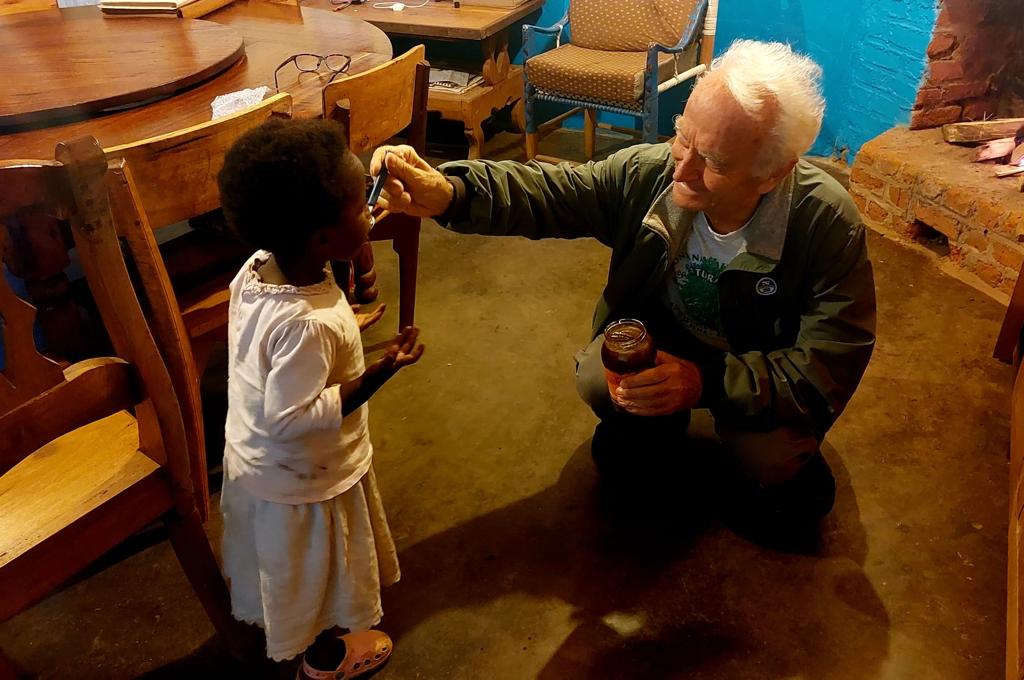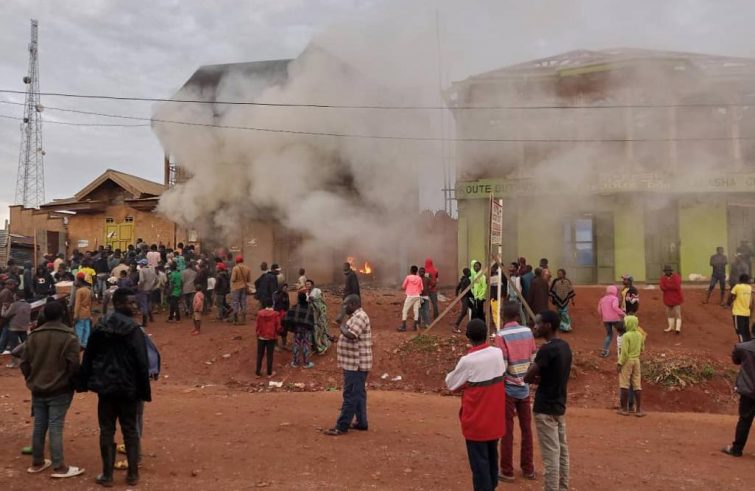
“Even though Kinshasa is 2000 km away, the people are happy that the Pope is here with us. Everyone hopes that something will change.” He speaks as if he were still in his beloved villages, Lukanga and Muganga, in the diocese of Butembo-Beni, North Kivu, in the Democratic Republic of Congo, where he lived with a small community of Italians for over 50 years. Fr Giovanni Piumatti is a fidei donum missionary priest from the diocese of Pinerolo. Even though he moved back to Italy a couple of years ago, he is constantly in touch with his people, afflicted by the presence of small armed groups for over 20 years, oppressing and threatening life in the villages.
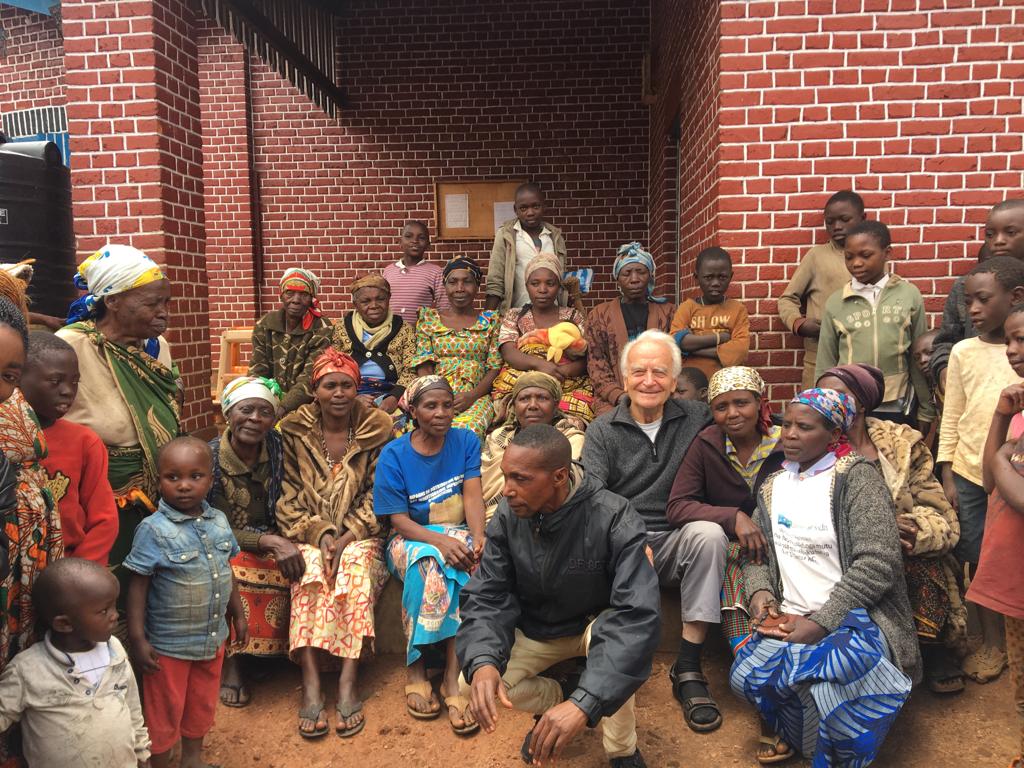 Life in the villages controlled by armed groups. “They phone me at night to inform me of what is happening,” he told SIR. “The villagers are feeling oppressed. Young people’s life resemble that of a prison: they are not allowed out of the village. Adults struggle to survive, they cannot even plant a couple of potatoes, they are subjected to severe deprivation. It is an extremely harsh situation:
Life in the villages controlled by armed groups. “They phone me at night to inform me of what is happening,” he told SIR. “The villagers are feeling oppressed. Young people’s life resemble that of a prison: they are not allowed out of the village. Adults struggle to survive, they cannot even plant a couple of potatoes, they are subjected to severe deprivation. It is an extremely harsh situation:
It’s their home but they cannot do what they want because the armed groups are abusive.
They force people to give them food, they destroy the crops. When they talk everyone else must remain silent. It’s not like the war in Ukraine, but it is overwhelming.”
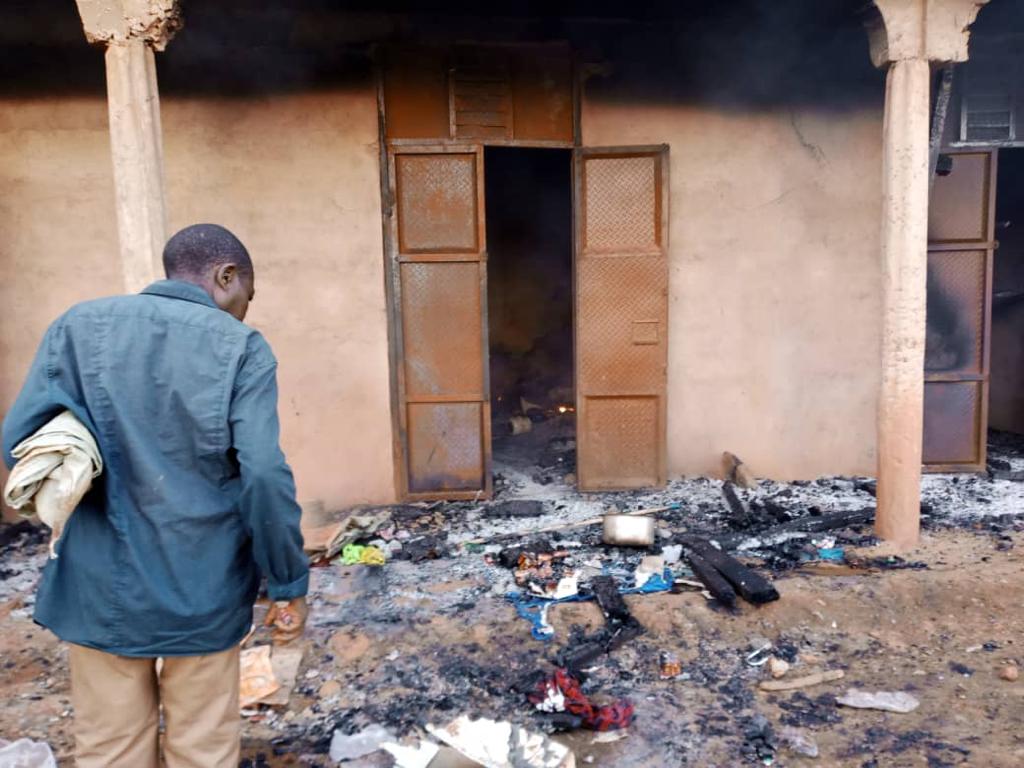 Dozens of people killed every week. “There have been at least two attacks on our streets every week for years, resulting in 20 to 30 deaths. But these facts go unnoticed. The bomb attack in a church in Kasindi was followed by a second attack that left 17 dead, and the children were abducted. The situation is extremely difficult.” On top of that, the frightened population – facing constant insecurity – take justice into their own hands. Shortly after talking to SIR, Fr Piumatti received a shocking photo from the town of Beni on his mobile phone, depicting a man who had been stoned to death because suspected of transporting a bomb.
Dozens of people killed every week. “There have been at least two attacks on our streets every week for years, resulting in 20 to 30 deaths. But these facts go unnoticed. The bomb attack in a church in Kasindi was followed by a second attack that left 17 dead, and the children were abducted. The situation is extremely difficult.” On top of that, the frightened population – facing constant insecurity – take justice into their own hands. Shortly after talking to SIR, Fr Piumatti received a shocking photo from the town of Beni on his mobile phone, depicting a man who had been stoned to death because suspected of transporting a bomb.
Goma access roads cut off, with no food supplies. Distance from Butembo to Goma (the city at the centre of the armed conflict which the Pope could not travel to) is approximately 300 km.
“The situation in Goma is far worse. There is widespread fear now. Food supplies are not being delivered because M23 rebels have cut two major supply routes to Goma.”
M23 is one of the largest armed groups, together with ADF, that are destabilising the region.
Hundreds of child soldiers wanting to give up their weapons. The other groups – between 100 and 140, according to various reports – thrive by spreading terror.” These are small groups, miserable as well,” says the missionary. “Hundreds of our boys, even minors, have been recruited by these armed groups two or three years ago and would like to leave, but there are no facilities that can shelter them. A few days ago, during a press conference in Rome that brought together 107 civil society organisations involved in peace-building in DR Congo, Father Piumatti made an appeal to NGOs and religious congregations to “take in 30/40 of these former child soldiers. It would be a first sign for peace and would strip armed groups of their manpower.”
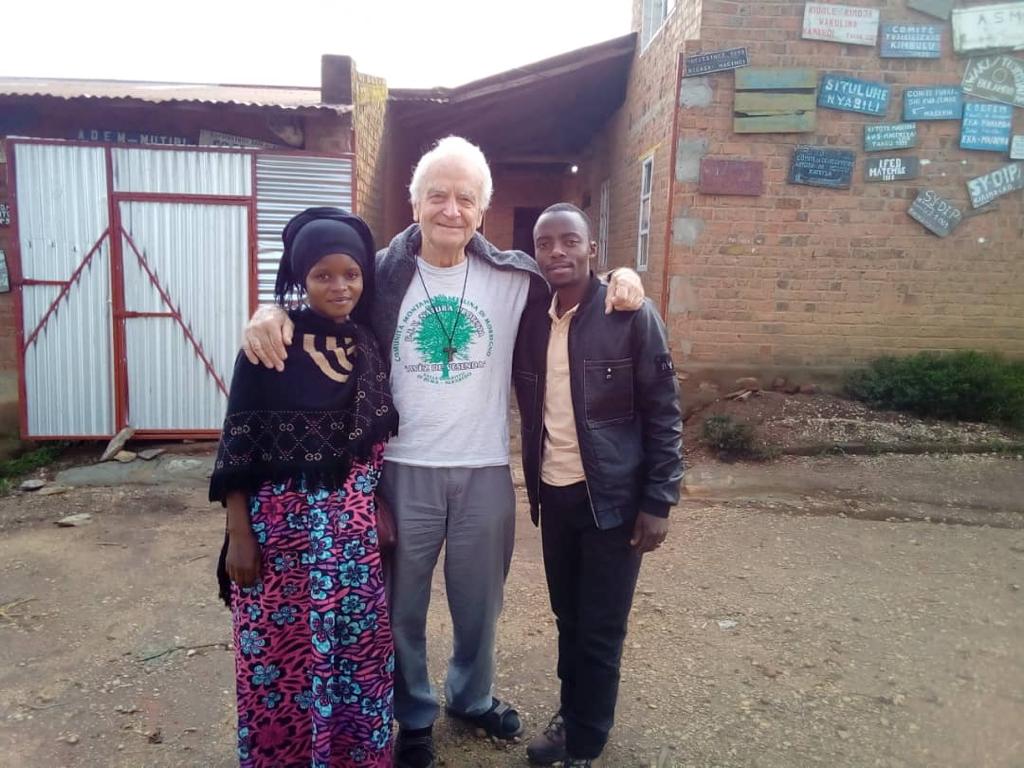 “The Pope understands us and is close to us.” The priest has been following Pope Francis’ visit to DR Congo. He is very pleased with the words he has heard so far: “He covered all the key aspects of the problems afflicting the Country, notably with his powerful statement: Hands off Africa!”. “I felt that the Pope understands the plight of the population.” He added: “He has shown us his closeness. We finally feel that someone understands us. We are yet unable to predict the impact of his words in the near future. We hope that someone will listen to him. He is acting as a bridge.”
“The Pope understands us and is close to us.” The priest has been following Pope Francis’ visit to DR Congo. He is very pleased with the words he has heard so far: “He covered all the key aspects of the problems afflicting the Country, notably with his powerful statement: Hands off Africa!”. “I felt that the Pope understands the plight of the population.” He added: “He has shown us his closeness. We finally feel that someone understands us. We are yet unable to predict the impact of his words in the near future. We hope that someone will listen to him. He is acting as a bridge.”
The legacy of this visit is yet unknown to him. “When you are in Africa you live next to the people but you don’t have time to make big plans. The war broke out and people hope to end a situation that has lasted for more than 20 years, bringing with it a huge burden.
I am sure that young people will usher in radical changes in Africa, starting from the grassroots, not from the ruling class.”

